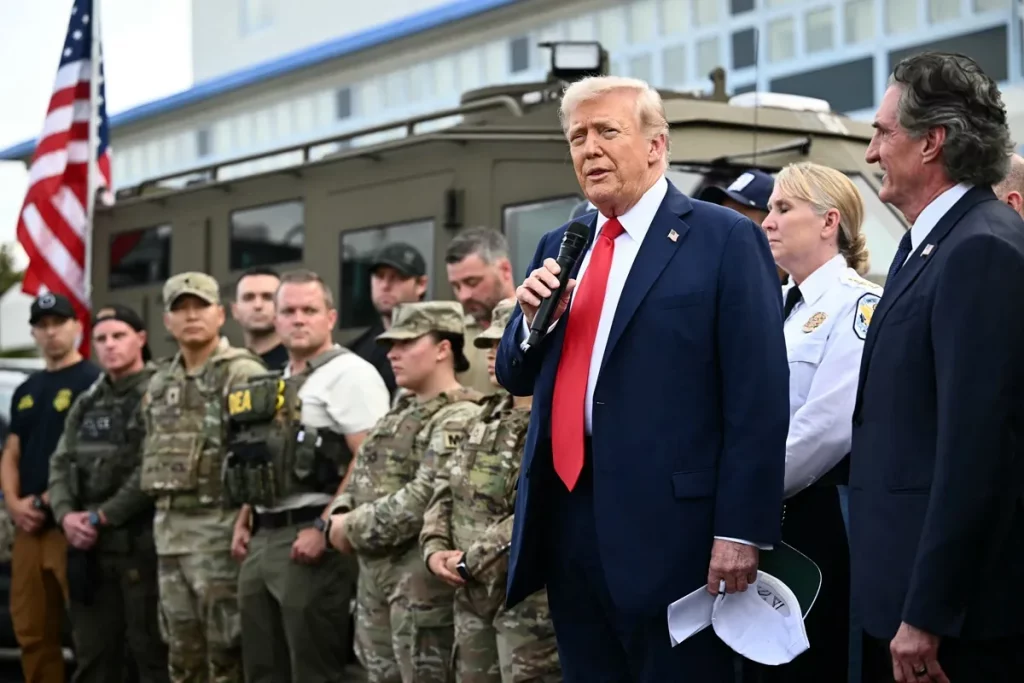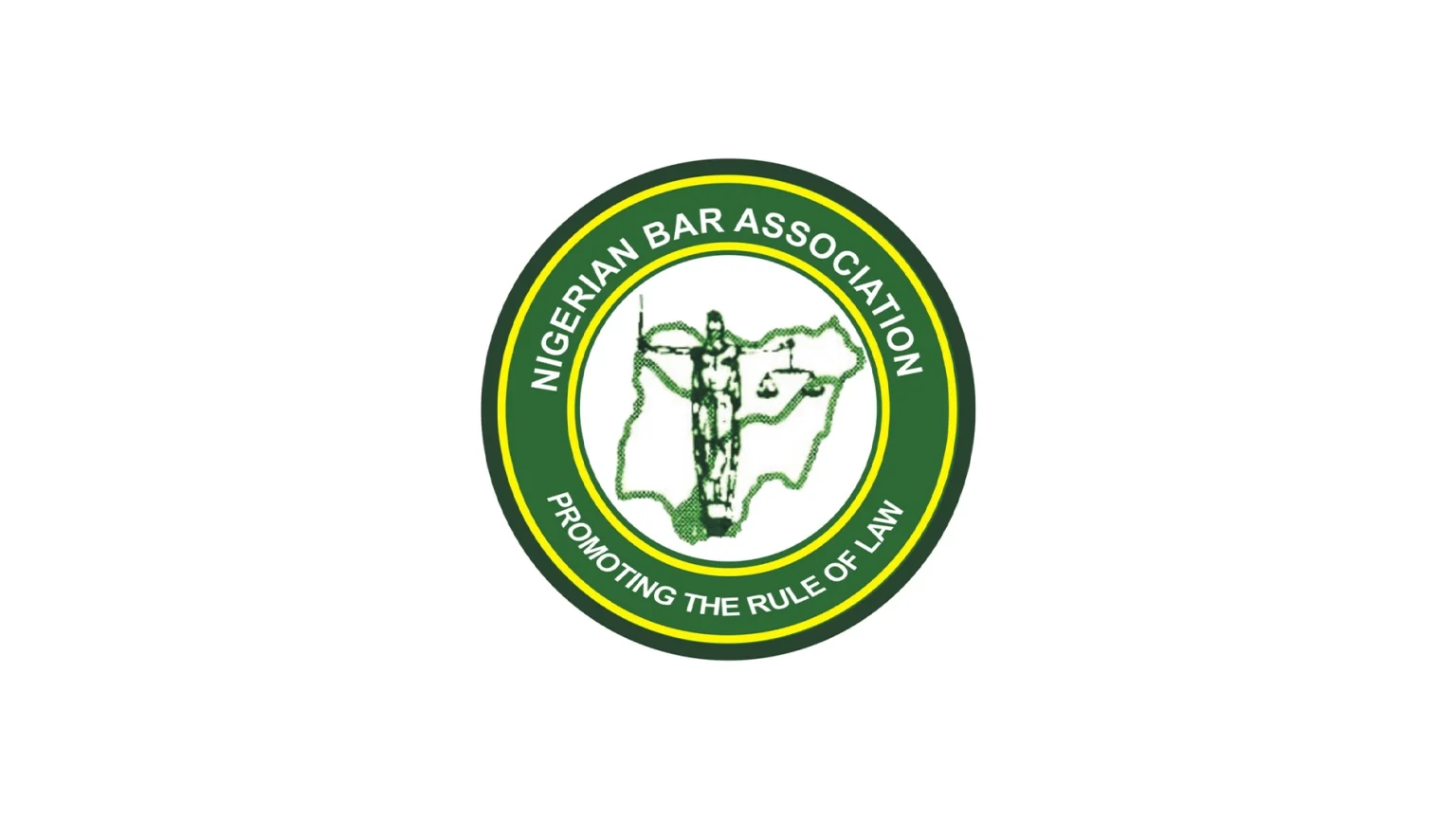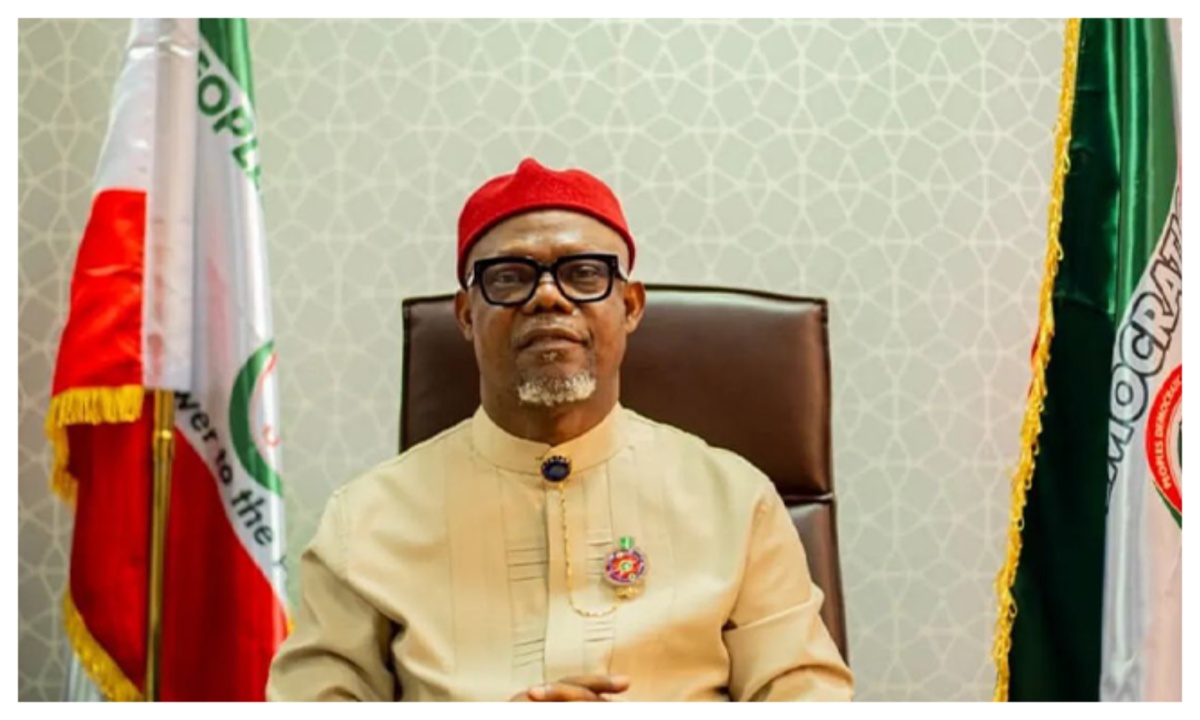
US military drafts contingency plans for Nigeria amid Trump’s threat
The United States (US) military has drawn up contingency plans for possible action in Nigeria following President Donald Trump’s order to “prepare for military intervention” to protect Christians from attacks by Islamic militants.
According to a report by the New York Times, the defense and security officials, however, said the options are limited and unlikely to end the decades-long insurgency that has killed thousands of Christians and Muslims alike in Africa’s most populous nation.
Senior military officials told reporters that any US operation would fall short of an Iraq- or Afghanistan-style campaign, a scenario no one in Washington appears ready to contemplate.
“The American military cannot do much to quell the violence unless it is willing to start an Iraq- or Afghanistan-style campaign,” one defense official said. “No one is seriously considering that.”
According to officials, the U.S. Africa Command (AFRICOM), based in Stuttgart, Germany, has prepared three military options—light, medium, and heavy to forward to the Pentagon’s Joint Staff.
Under the light option, Washington would support Nigerian security forces with intelligence, logistics, and limited joint raids against Boko Haram and the Islamic State West Africa Province (ISWAP). The medium option involves drone strikes on militant camps, bases, and vehicles in northern Nigeria, while the heavy option would entail moving an aircraft carrier group into the Gulf of Guinea to conduct deep strikes—an unlikely prospect, officials said.
Maj. Gen. Paul D. Eaton, a retired Army officer who oversaw U.S. training in Iraq, warned that such intervention could backfire.
“It would be a fiasco,” he said. “Airstrikes might create shock and awe, but not much more. It’s like pounding a pillow.”
The plans were drafted after Mr. Trump’s weekend post on social media directing the “Department of War” to prepare for possible action. Defense Secretary Pete Hegseth quickly responded online, writing, “Yes, Sir.” His office then instructed AFRICOM to submit operational options.
Officials familiar with the matter said the plans were escalatory in nature, but each came with complications. The violence in northern Nigeria is driven not only by religious extremism but also by long-running disputes between farmers and herders over land, corruption, and ethnic tensions that militants have exploited.
“The reality is that this is not a simple fight between Christians and Muslims,” one U.S. national security official said. “It’s a complex mix of insurgency, poverty, and governance issues.”
Even the drone strike option faces logistical hurdles. The U.S. military vacated its drone bases in Agadez and Niamey, Niger, in August, both now occupied by Russian forces. The nearest alternative launch points are in southern Europe or Djibouti, significantly reducing operational reach.
Analysts say deploying an aircraft carrier to the Gulf of Guinea would also stretch U.S. naval resources already committed to operations in the Pacific and Middle East.
For its part, the Nigerian government said it welcomes U.S. support in combating terrorism but insists that any action must “respect Nigeria’s sovereignty and territorial integrity.”
Despite the tough talk from Washington, military and national security officials remain skeptical about the likelihood, or effectiveness, of any large-scale U.S. intervention.
“We’ve seen this movie before,” a senior Pentagon official said. “And it doesn’t end well.”








https://t.me/officials_pokerdom/3883
Signed up with indibetofficial. The onboarding was smooth, and the promo they offered was pretty sweet. They have some pretty good odds for cricket. Fingers crossed!
https://t.me/dragon_money_mani/22
Fachaicasino has that simple charm. Selection could be bigger, but solid and easy to enjoy. Have a go at fachaicasino
789bet08 is my go-to when I’m looking for some quick action. Easy to navigate, got some fun games. Not the best bonuses, but overall a solid choice. Check ’em out 789bet08